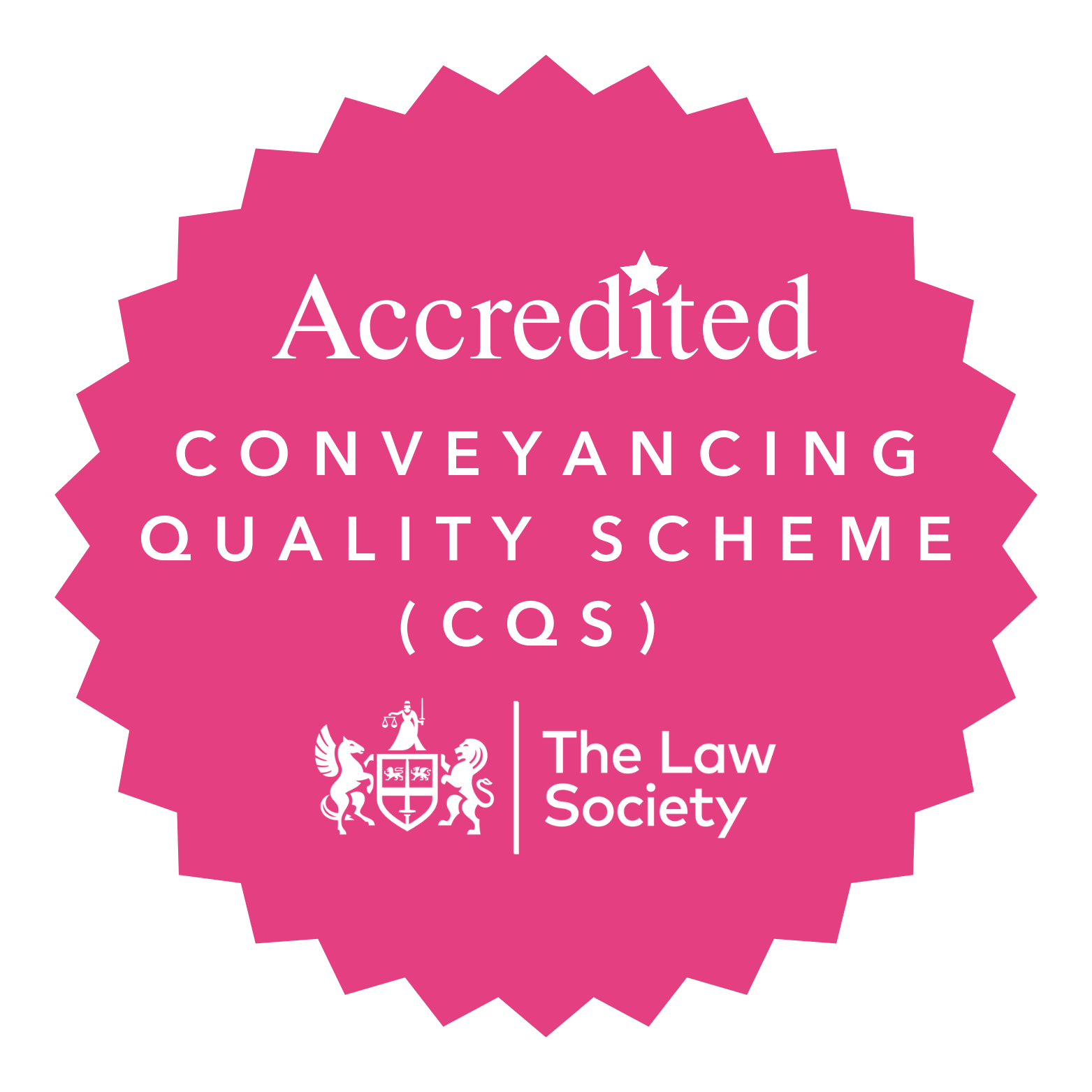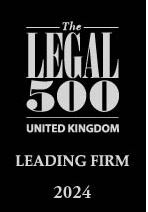Discrimination of any kind should not happen. When it does, employers need to take swift and robust action against the perpetrator.
However, what happens when the discrimination is not overt, or obvious, but comes from an unconsciously held bias that taints the decisions an employer makes?
The Royal Society explains unconscious bias as “when we make judgments or decisions on the basis of our prior experience, our own personal deep-seated thought patterns, assumptions or interpretations, and we are not aware that we are doing it.”
Everyone can think in a way that involves unconscious bias at some point, but it's important to be aware of it and not let it affect behaviour or decisions.
There are many forms of unconscious bias, which include the following:
- Affinity bias - A preference for individuals who share the same characteristics, life experiences, personal and cultural values or social background.
- Halo effect - Placing too much significance on a particularly great feature about an individual, whilst excluding other important factors.
- Horns effect - Placing too much significant on an individual’s negative trait.
- Attribution bias - Evaluating an individuals’ behaviour and attributing it to something personal about them.
- Beauty bias - Treating individuals too harshly or too favourably depending on their appearance.
- Gender Bias - Displaying a preference for one gender over another.
- Conformity bias - Where an individual’s views are swayed too much by other people.
- Contrast effect - Where individuals compare the second thing with the first thing, resulting in a skewed opinion of the overall picture.
- Confirmation bias - Where individuals primarily search for evidence that backs up their opinions rather than looking at the whole picture objectively.
- Accent bias - Where individuals are drawn to certain accents over others and allow them to frame opinions of people.
Unconscious bias can occur in all areas of life, but in a workplace context, it can affect who is recruited, who is promoted and who receives certain opportunities at work.
Whilst most companies will have procedures in place to prevent employees not having equal opportunities due to their characteristics, they may not take into account a subconscious bias of this nature.
Biases can arise due to a number of characteristics, some of which may not be related to discrimination. However, in situations where this bias can be attributed to someone’s protected characteristic, such as their race, age, gender or sexual orientation, employers may face costly discrimination claims.
For example, a person’s appearance, background or personality could be linked to a protected characteristic, such as their race or gender.
Employers and employees must not make decisions about job applicants or staff based on a protected characteristic. Doing so could lead to a discrimination claim to an employment tribunal.
How to avoid unconscious bias in the workplace
- Implementing blind recruitment - Reviewing job applications and CVs to decide who to invite to an interview can be a difficult task at the best of times, however you must be careful not to allow unconscious bias to impact who is chosen for the interview stage. Implementing blind recruitment is where you remove candidate’s personal characteristics from job applications in order to purely focus on their ability to conduct the role.
- Omitting personal interview questions - Unconscious bias can also occur during an interview and you should take care not to ask any interview questions which relate to protected characteristics, such as race, sexuality or marital status. The information gleaned from these questions could unknowingly influence decision making and lead to claims of discrimination if the individual is not offered the job.
- Using multiple interviewers - During an interview, it is advisable to have multiple interviewers present, preferably from a diverse range of backgrounds, to ensure hiring decisions are not dominated by one person’s opinion and guard against gender bias.
- Grading staff fairly - Promotions and bonuses are other instances where employers may fall foul of unconscious bias, with many commentators regularly attributing this to the lack of gender and ethnic diversity in senior roles. To avoid this taking place, employers should set clear and fair targets for progression, perhaps by introducing designated job bands, which will allow you to determine without dispute when an employee is performing to a level that is deserving of promotion.
- Discounting personal relationships - Employees in the same positions should always be graded and monitored in the same way, with any major decisions on staff bonuses being a collective one between managers and HR personnel to reduce the chance of bias.
- Checking equality, diversity and inclusion in your workplace - To check equality, diversity and inclusion in your workplace, you can start by using the equality and diversity monitoring forms job applicants and employees have completed. Employers should then analyse the information for any significant differences between groups based on protected characteristics and carry out an investigation if something needs looking into.
- Equality, diversity and inclusion policy – ensure to have the requisite policies in place which are reviewed and updated regularly, and that training on the policy is delivered across the workforce.
How a person thinks can depend on their life experiences and sometimes they have beliefs and views about other people that might not be right or reasonable. This means they could make a decision influenced by false beliefs or assumptions. Sometimes it's also called 'stereotyping'.
Treating someone less favourable in the workplace due to their protected characteristic would amount to discrimination, and direct discrimination can never be justified, no matter how well-intentioned the motive.
If you experienced unconscious bias and would like advice, please contact our employment team on 01827 317070 or employment@pickerings-solicitors.com
The contents of this article are intended for general information purposes only and shall not be deemed to be or constitute legal advice. We cannot accept responsibility for any loss as a result of acts or omissions taken in respect of this article.



